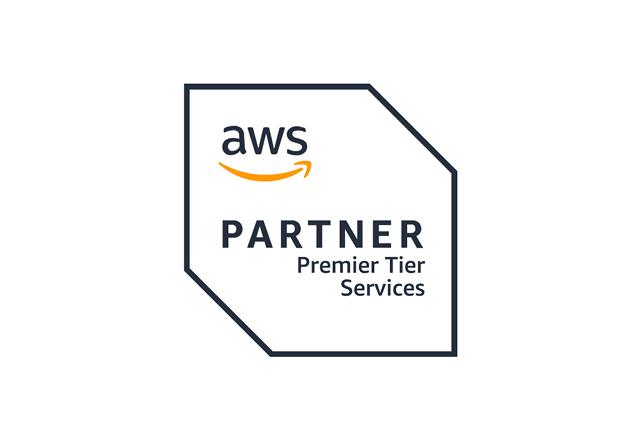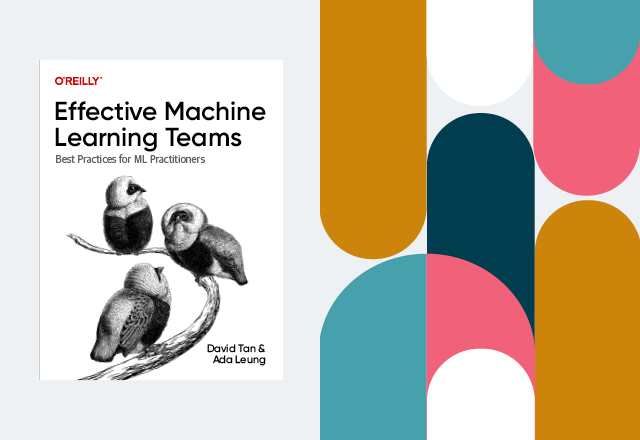Discover the benefits of our AI services
Measurable business impact
We turn AI into real results, delivering measurable benefits like 30% productivity gains, 25% increase in sales conversions, and 50% faster response times.
Move quickly and get ahead
Our field-tested accelerators enable you to harness the full potential of AI and demonstrate ROI fast.
Full-spectrum support
With decades of AI experience, we can support you at every stage of your AI journey — from strategy and design to testing and daily operations.
Your guide to realizing the extraordinary value of AI
Our artificial intelligence services
Transform how you build and deliver software by going beyond basic coding assistants and combining AI with modern engineering practices across your complete software value chain.
Combine product thinking, cutting-edge AI capabilities, and engineering best practices to deliver innovative AI-powered products that delight customers, drive growth, and transform your brand.
Achieve a cohesive and forward-thinking genAI strategy, bolstered by a clear rationale for change and a pragmatic plan that leverages the full potential of generative AI.
Explore how AI can solve your most pressing business challenges and plan the AI product, platform, and data capabilities needed to seize the opportunities.
Lay a foundation for long-term AI success with platforms built to accelerate AI development and deployment, including AutoML and cloud-agnostic solutions.
Integrate leading practices, such as Continuous Improvement and Continuous Delivery, to scale AI capabilities and use cases into production — enabling excellence throughout your AI operations.
With deep expertise at every stage of the AI development and implementation process, we can help you build the right data architectures, fine-tune your models, and bring even your most ambitious AI concepts into production.
Embed AI responsibly, maintaining compliance with local regulations, carefully assessing AI risks, and ensuring its application in ethical, accessible, and unbiased ways.
Evaluate your LLM solutions across business cases, data, user experience, and AI dimensions to ensure your genAI investments achieve real business value, track progress and identify potential issues early.
.png)
Our AWS capabilities
At Thoughtworks, we’re well equipped to support you in your journey with AWS, boasting a specialization in GenAI related services



Get started with an AI workshop
Are you ready to go beyond simple coding assistants and adopt AI across end-to-end software delivery?
We effortlessly integrate a diverse range of ecosystem partners and platforms, enhancing adaptability and accelerating outcomes.
Recommended insights
-
 Generative AILarge language model evaluation: The key to GenAI successRead more
Generative AILarge language model evaluation: The key to GenAI successRead more -
 ArticleThe rise of the codebots: How AI is changing software developmentRead more
ArticleThe rise of the codebots: How AI is changing software developmentRead more -
 PublicationAI everywhere: Leveraging cutting-edge breakthroughs to scale your businessRead more
PublicationAI everywhere: Leveraging cutting-edge breakthroughs to scale your businessRead more -
 ArticleWhat enterprise leaders can learn from Thoughtworks’ Jugalbandi projectRead more
ArticleWhat enterprise leaders can learn from Thoughtworks’ Jugalbandi projectRead more -
 E-BookEffective Machine Learning Teams: Best practices for ML practitionersRead more
E-BookEffective Machine Learning Teams: Best practices for ML practitionersRead more -
 PublicationAccelerating product innovation with generative AIRead more
PublicationAccelerating product innovation with generative AIRead more



























